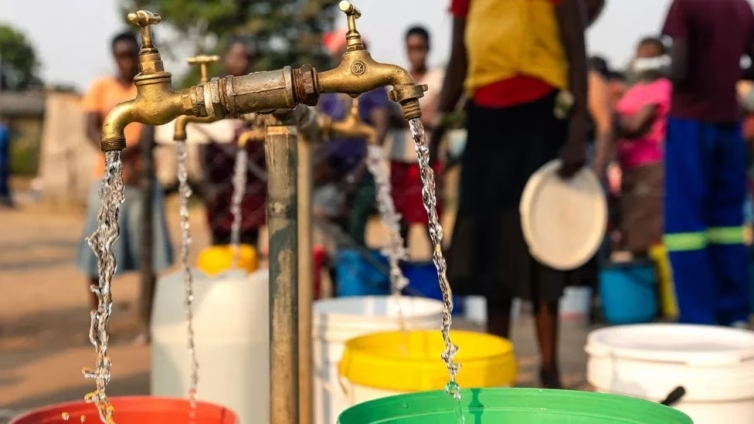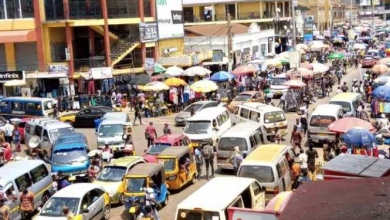Ningo-Prampram District Faces Severe Water Shortage

- 3-week water shortage in Ningo-Prampram
- Residents use untreated water, dig wells
- Election boycott threatened
- Authorities cite power issues, seek support
Residents of Ayetepah and surrounding communities in the Ningo-Prampram District have been battling a severe water shortage for over three weeks. The persistent issue has left residents of Kpornya, Mangotsonya, Lotsubuer, Lanor, Yehowah-Akwer, and other areas desperate and frustrated.
The lack of communication from relevant authorities has forced residents to rely on untreated water from ponds and streams, which are also drying up due to insufficient rainfall. This has raised concerns about the health implications of consuming contaminated water.
Some residents have threatened to boycott the upcoming elections if the water issue is not addressed before December. They feel neglected and marginalized, and their patience is wearing thin.
Madam Joyce Nartey, a resident of Mangotsonya, expressed her frustration to the Ghana News Agency (GNA), saying, “We’re at our wit’s end. Schools, businesses, and households are using unhealthy methods to get water, putting our health at risk.”
The GNA observed that some residents have resorted to digging the ground with pickaxes, hoes, and mattocks in search of water. This desperate measure highlights the severity of the crisis.
Mr. Asideka Noah, Assembly Member for the area, acknowledged the long-standing water issue. He explained that efforts are underway to expand existing wells and small streams to harvest rainwater but noted that support is needed.
According to Mr. Asideka, the Ghana Water Company (GWC) attributed the problem to electricity power supply issues. The GWC has resorted to using solar power to pump water, but the pressure is low, leading to water crises.
The Assembly Member revealed that his electoral area typically receives water every Friday, Saturday, and Sunday. However, for the past three weeks, the water supply has ceased, disrupting daily activities.
Mr. Asideka appealed to non-governmental organizations and government agencies to intervene, emphasizing the urgent need for sustainable solutions to address the water crisis.
The situation remains critical, with residents calling for immediate action to resolve the water shortage and ensure access to safe and clean drinking water.






